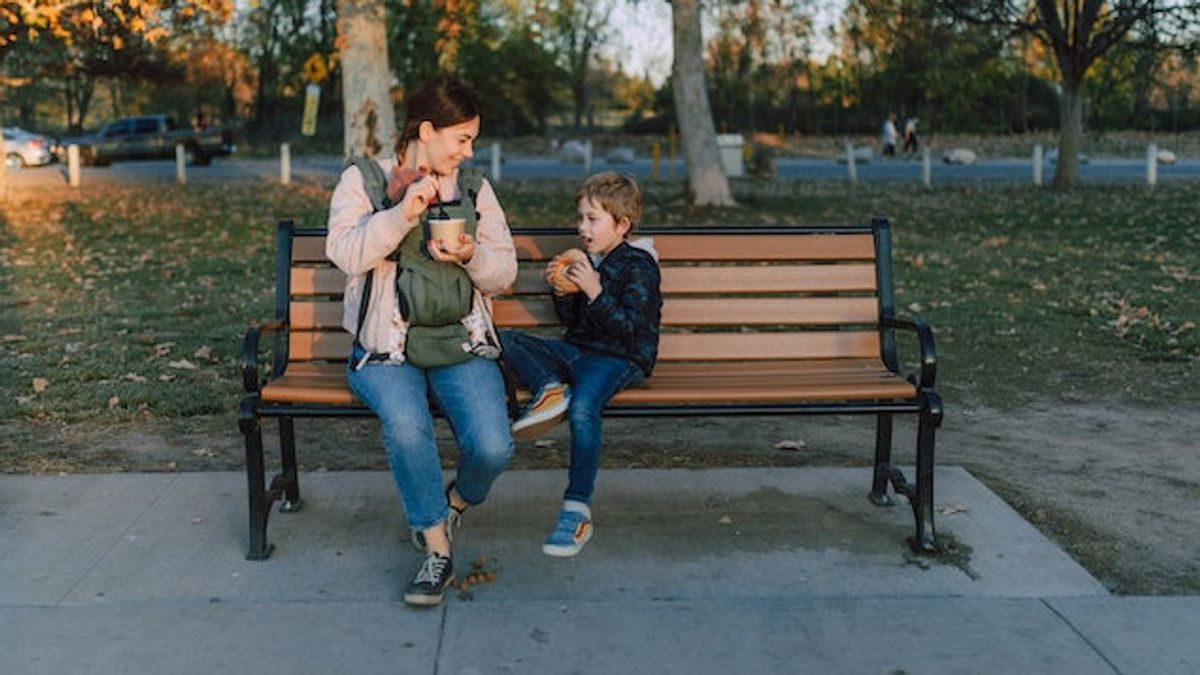JAKARTA - Teaching piety in religion in children would be nice to start from an early age. One form of piety that needs to be taught is fasting in the month of Ramadan. One way to introduce fasting to children is to ask him to fast half a day or fast for beduk Dzuhur.
Thus, fasting for beduk is actually limited to training, not fasting as mandated in Islam which requires a person to endure hunger and thirst from dawn until sunset. In Islam, small children who have not died have no obligation to fast because they are not included as mukallaf. The Prophet saw said,
That is, the obligation was lifted from three people, namely a small child until he took a billboard, a person who slept until he woke up, and a madman until he realized. (HR Abu Dawud and Ibnu Majah)
The purpose of the hadith above is that young children who are not yet old and old have not been obliged to carry out religious orders such as five-time prayers, fasting in the month of Ramadan, and other obligations. However, all orders in religion will become mandatory when the child reaches the age of full strength.
Even though children who are not yet old are not required to fast, it would be better if parents continued to teach fasting as early as possible so that children become accustomed to it later. There are a number of lessons about fasting from an early age for children. Here are some of them, namely;
fasting from an early age is one of the efforts to shape the spirit of obedience of a child to Allah swt. If it is educated from an early age, God willing, it will form a character of piety for the child. This will be a strong basis of faith for provision to become human beings who are pious by being disciplined in carrying out sharia rules in the next life when they are old (mukallaf).
Getting used to fasting from an early age for children can also make emotions in him more stable. Because, as many people have been mentioned, the emotions of people who fast are more stable than when they are not fasting. This will certainly accelerate the mental maturity of the child.
Early fasting can also form a spirit of empathy in children. Because, when they are fasting, they will feel how heavy it is to endure hunger and thirst, even if only until beduk time. This experience will foster a child's sense of empathy for others who have been living in poverty so that it is difficult to find a piece of rice. Of course this will be more successful if it is accompanied by education from parents or teachers.
Fasting from an early age is also able to train children's discipline. Because, by fasting, he will regularly wake up for sahur and break the fast when it is time. This consistent lifestyle will clearly shape disciplined behavior in children and hopefully it can also be applied in more complex daily activities.
The English, Chinese, Japanese, Arabic, and French versions are automatically generated by the AI. So there may still be inaccuracies in translating, please always see Indonesian as our main language. (system supported by DigitalSiber.id)










